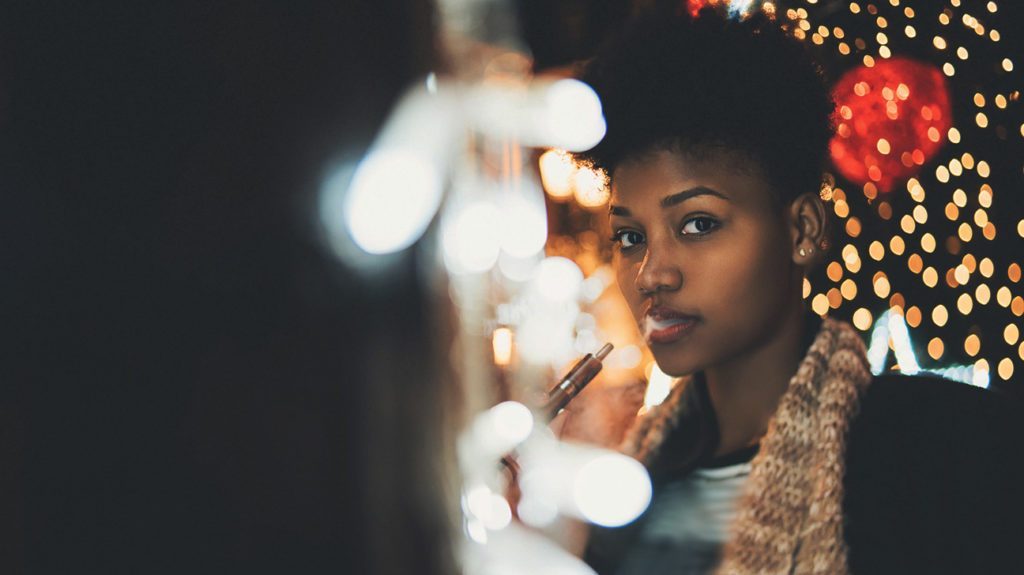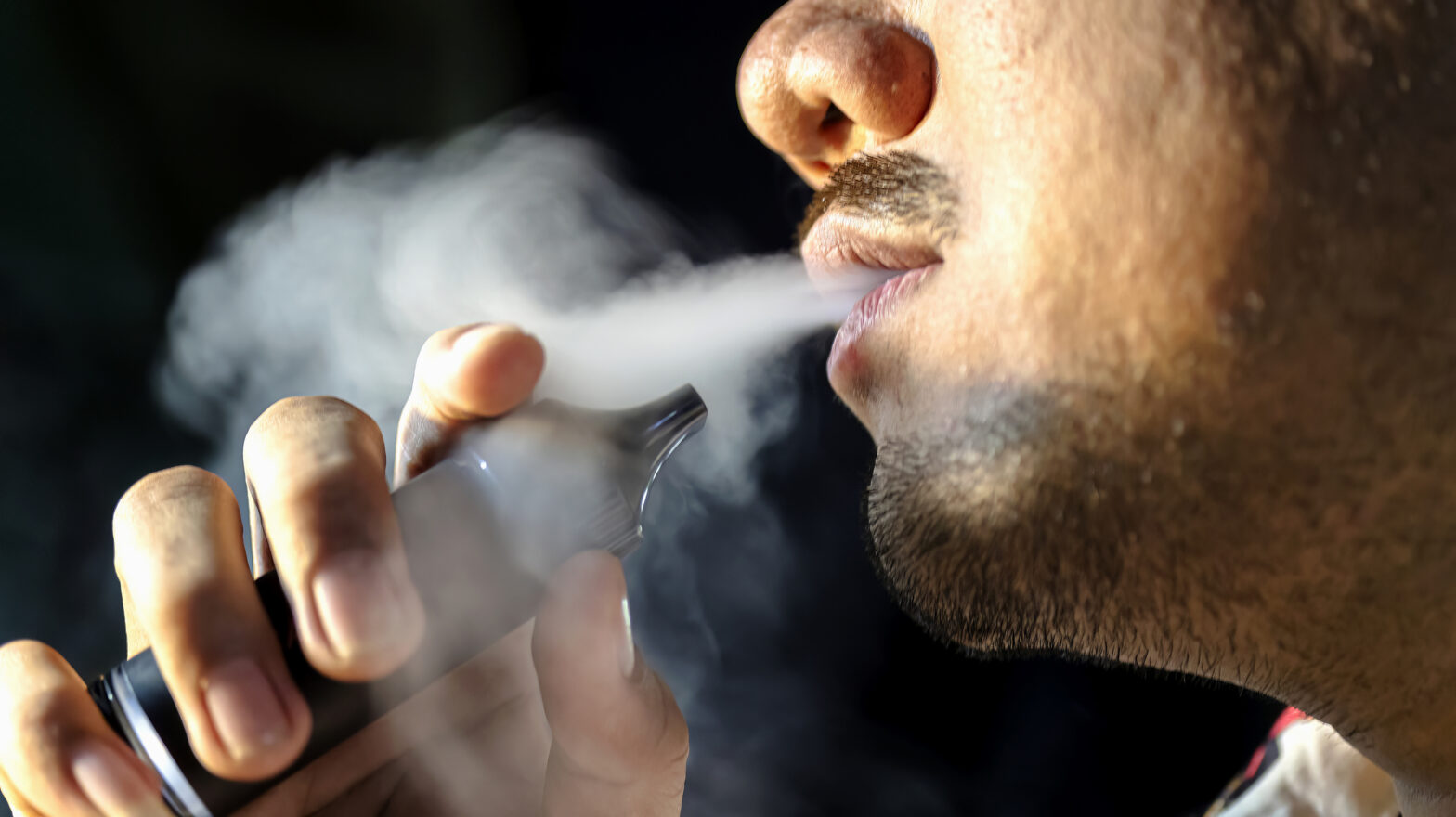Half of tobacco and vape shops failed to check IDs of teenagers during an undercover operation in California.
Teens were able to purchase e-cigarettes and other tobacco products despite the state raising the legal purchasing age from 18 to 21.
The undercover researches got 18-and 19-year-old “decoys” to go into stores without an ID — they were told to tell the truth about their ages if asked by the store.
The teens then went into the stores and tried to purchase vape products ranging from e-cigarettes to e-liquids containing nicotine.
An undercover chaperone stood close by to see whether or not the store checked the teenager’s IDs.
According to the research published Monday in the JAMA Pediatrics Journal, almost half of the vape shops illegally sold their products to the teen decoys.
The research also concludes that liquor stores, pharmacies and supermarkets were much more likely to check IDs, making them less likely to approve illegal purchases.
The team of researchers consist of scientists from both the California Department of Public Health and Stanford University.
Vape shops were reportedly more likely to sell teenagers vape products than actual cigarettes.
Lisa Henriksen, co-author of the study and senior research scientist at the Stanford Prevention Research Center tells CNN, “one possibility may be that vape products cost more and they might have a higher profit margin for retailers, so the temptation is greater to sell.”
According to a report released last year, the use of e-cigarettes amongst teenagers has increased drastically.
Almost 40% of teens in the 12th grade say they use e-cigarette devices.
Many anti-tobacco supporters are questioning the recent law to raise the legal age for buying tobacco to 21.
Matthew L. Myers, the president of the Campaign for Tobacco-Free kids tells CNN, “raising the age is not enough and won’t work when tobacco and vape shops aren’t even checking IDs of young purchasers.”
California raised the legal age limit for purchasing tobacco products in 2016.
A survey by the researchers at the California Department of Public Health says that more than 98% of shops were aware of the new age limit seven months after it went into effect.
However, George Conley, president of the American Vaping Association says that “due to California’s recently enacted law raising the age to purchase tobacco and vaping products to 21, it is probable that those under 18 are less likely to successfully purchase than in the past, but retailers are still mistakenly selling products to adults between the ages of 18 and 21.”
Conley also states, “no youth sales should ever be permitted” — his group is in support of having mandatory ID scanners in stores.
Juul Labs, the leading vape manufacturer, also supports the age limit being raised to 21 and has advocated publicly via digital, print and radio ads. Juul also says that they have their own secret-shopper program which targets about 2,000 stores per month, ensuring IDs are checked upon purchasing tobacco products.
They have even debated on opening their Juul private retail stores which would check everyone’s IDs at the door. This came after they received scrutiny and a lawsuit by an attorney general in North Carolina who accused Juul of marketing their products to children.
“We need to commend the FDA for trying to solve the epidemic of young vaping by restricting the retail environment for these products”, says Lisa Henriksen, co-author of the undercover research findings.





